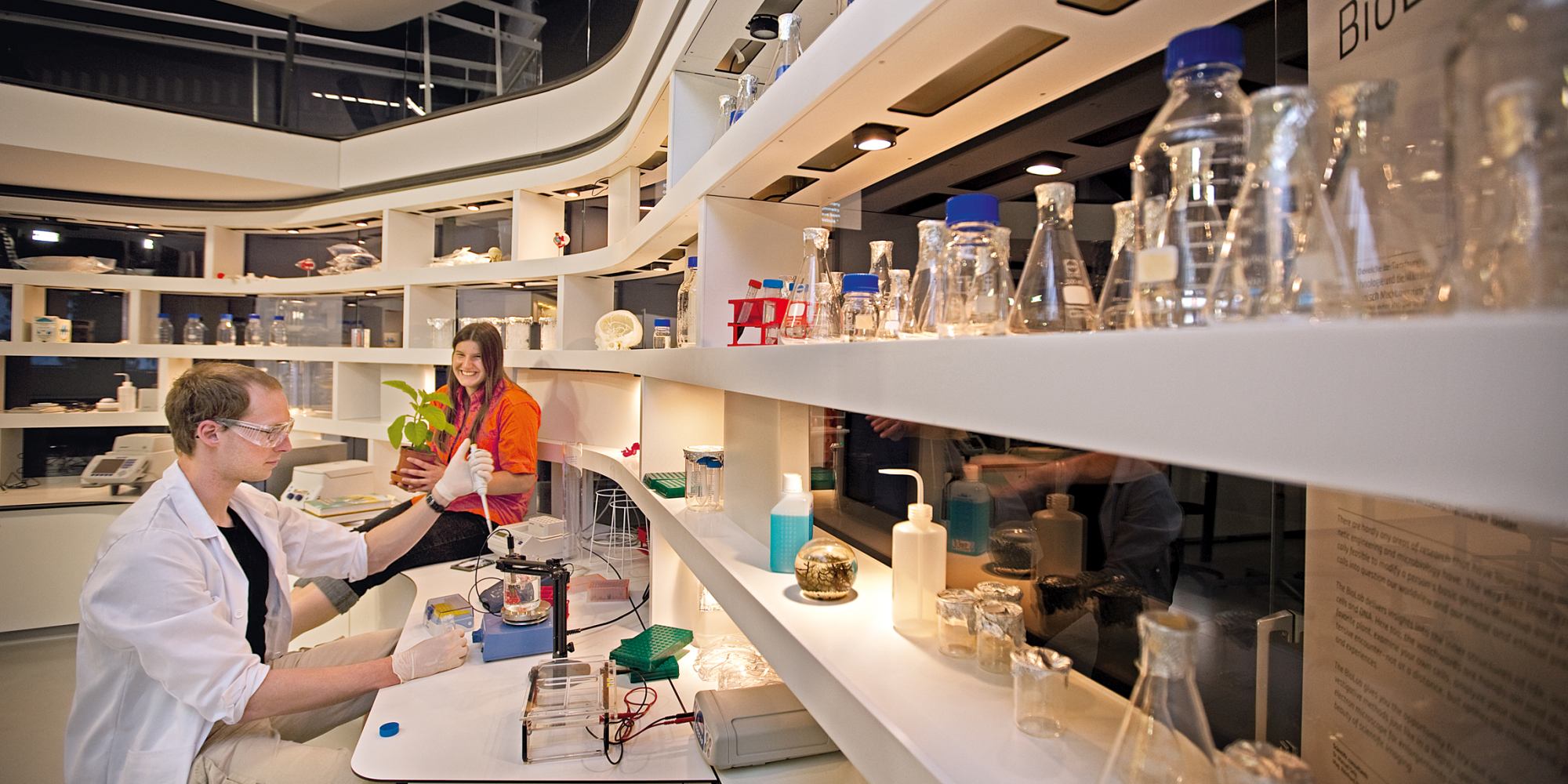How well do gene analysis technologies work at home? And what do they tell us about ourselves?
Together with Dr. Manuel Selg, Professor of Molecular Biology at the FH OÖ Campus Wels, and Dr. med. Eva Hiebinger, general practitioner, the team of Ars Electronica Futurelab and the BioLab of the Ars Electroncia Center conduct an experiment, to find out. In the frameworks of a SPARKS Hackathon, we are testing free-to-market DNA analysis tools. Together with our visitors we think about possible future applications and societal implications. What does it mean, if in a not too distant future everybody is in possession of his / her DNA? When we say „data is the currency of the future“ – what does this mean for this most personal ‘data’? Who gets access to it and what is its value? What does it mean for researchers and businesses?
In the course of our experiment we test the MinION sequencer by Oxford Nanopore Technologies – a relatively small device that fits into the palm of your hand and is attached to the computer via USB. Coupled with the Nanopore software, it should be relatively easy to be able to sequence DNA itself.
The second technology we are trying to compare is Dante Labs DNA Test at home. The test kits can be ordered directly from Dante Labs or Amazon. After taking a saliva sample, the result is obtained within a few weeks – depending on the kit, the entire DNA sequencing or evaluation on “Health, Wellness and Longevity”. The results were presented online and at the Ars Electronica BioLab.
http://www.sparksproject.eu/
Ars Electronica is part of SPARKS, an EU funded communication project that reaches out to all European countries. SPARKS is an engagement project on the topic of technology shifts in health, medicine and wellbeing. It aims to raise awareness and communicate the concept of Responsible Research and Innovation (RRI) to citizens in all European countries.
